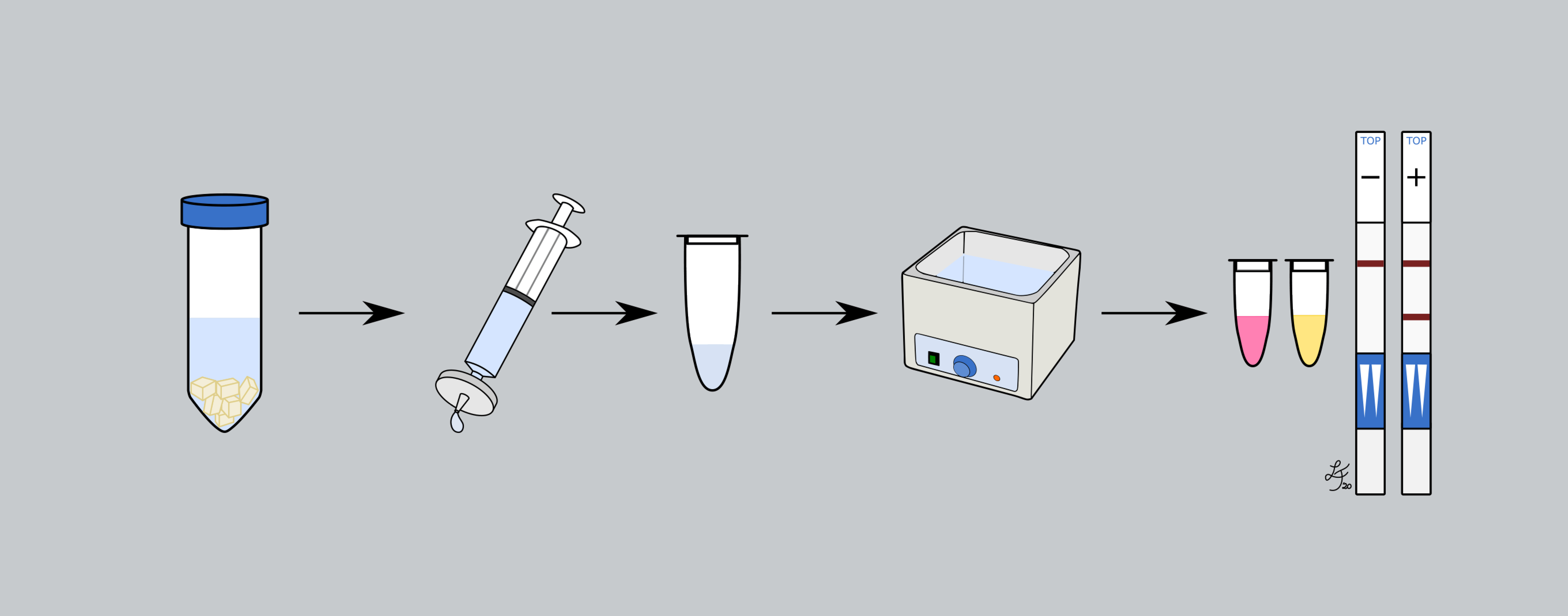Quick and Easy Detection of Plant Pathogens
Plant pests and pathogens are a major threat to crop production worldwide. This has increased dramatically in recent years. Globalization, trade and climate change play an important role in this. In 2019, the FAO estimated that between 20 and 40 percent of global crop production is lost to pests each year. Thus, plant diseases cost the global economy about US$220 billion each year. The damage is caused by pathogens from the group of bacteria, fungi, insects and viruses.
Classical methods for the identification of plant pathogens are the observation of symptoms as well as the cultivation of the pathogens for morphological identification with the help of microscopy. Nowadays, widely used diagnostic methods are based on immunological technologies such as enzyme-linked immunosorbent assay (ELISA) or lateral flow immunoassay (LFIA). In laboratories, nucleic acid-based methods for pathogen detection and identification are increasingly gaining acceptance. Polymerase chain reaction (PCR) and its variants are usually very specific and sensitive, and also relatively fast and inexpensive, but still have some drawbacks, requiring specialized equipment and trained personnel.
However, in order to control and, if possible, prevent plant diseases and the spread of pathogens to new areas, it is imperative to develop methods for early detection that can be used on-site in the field. For the realization of such point-of-care diagnostics, the interplay of the following properties is a prerequisite: High specificity, sensitivity, reproducibility, speed, cost-effectiveness, and multiplex detection capability paired/combined with ease of use so that low-trained personnel can perform the tests without having to use specialized laboratory equipment.
Technologies based on isothermal amplification of nucleic acids, such as loop-mediated isothermal amplification (LAMP), optimally meet these requirements for point-of-care diagnostics.
Therefore, the Department of Functional and Applied Genomics focuses the R&D work on PoC diagnostics of plant pathogens on this technology.
 Fraunhofer Agriculture and Food Industry Alliance
Fraunhofer Agriculture and Food Industry Alliance